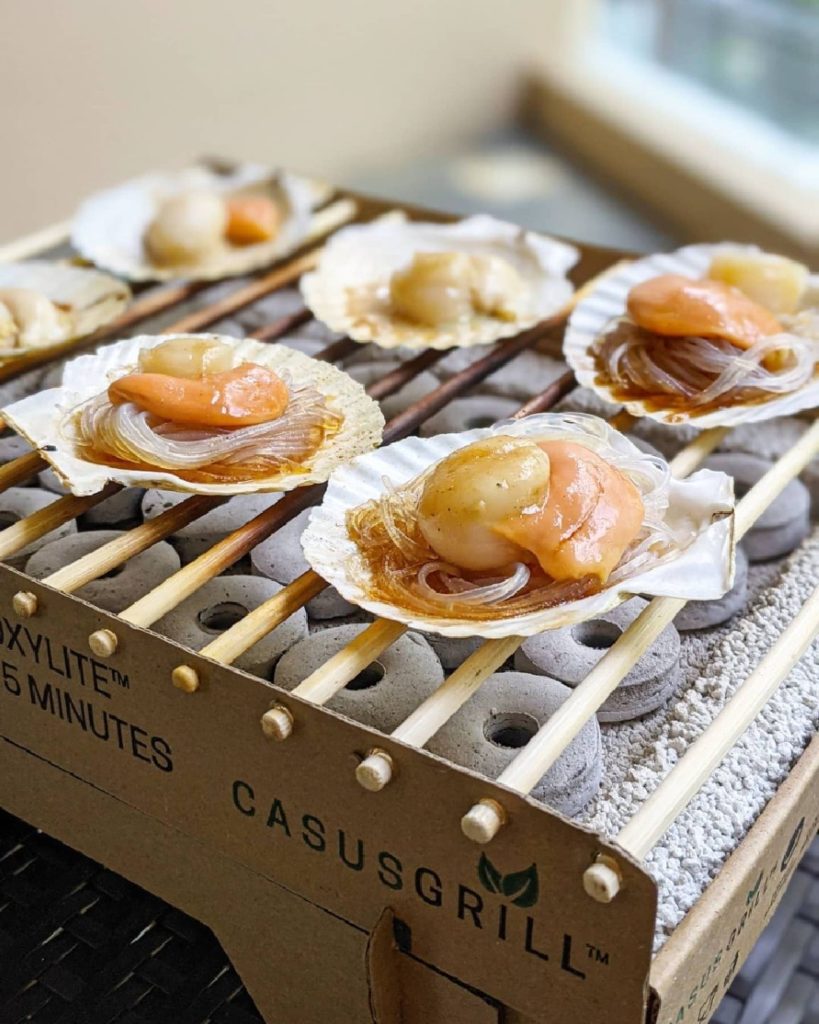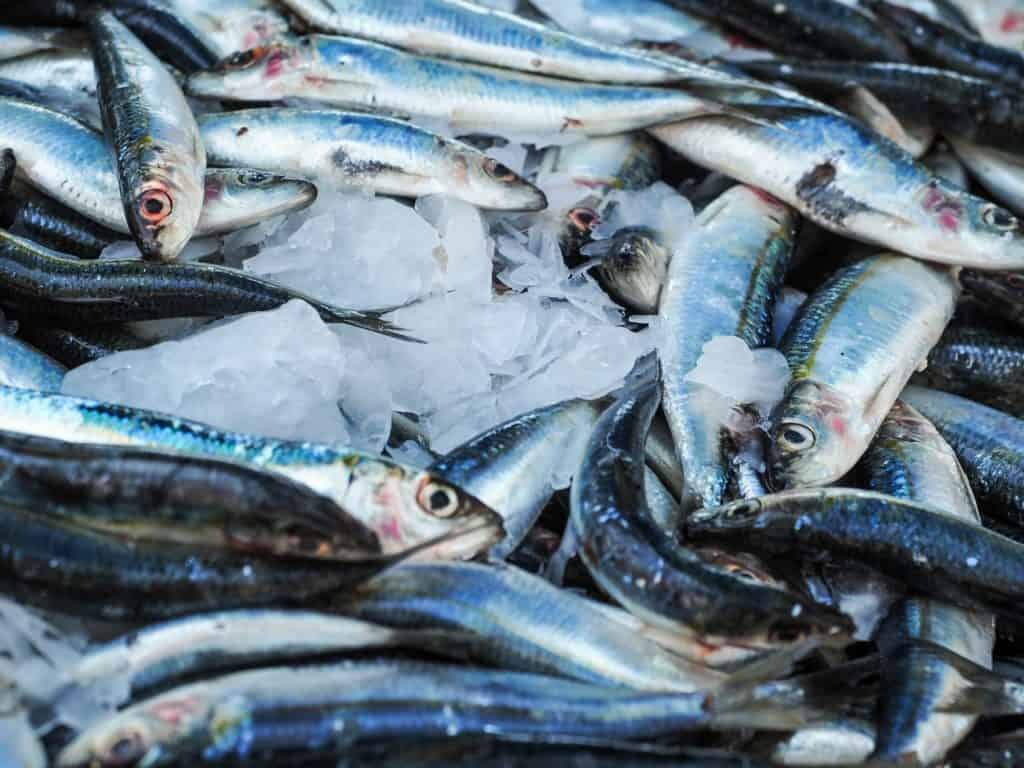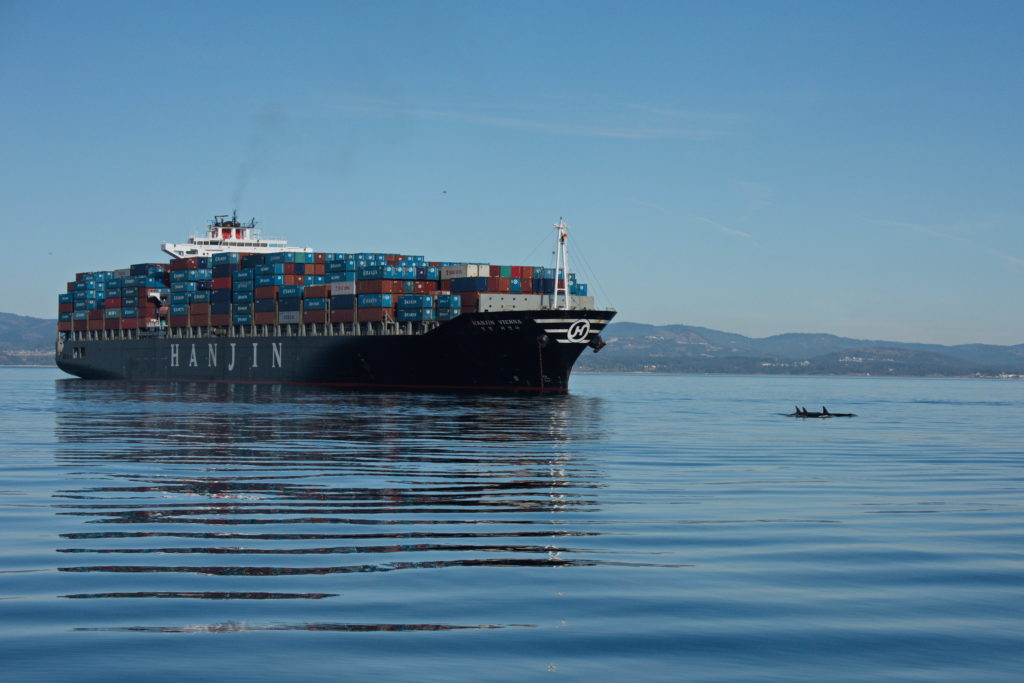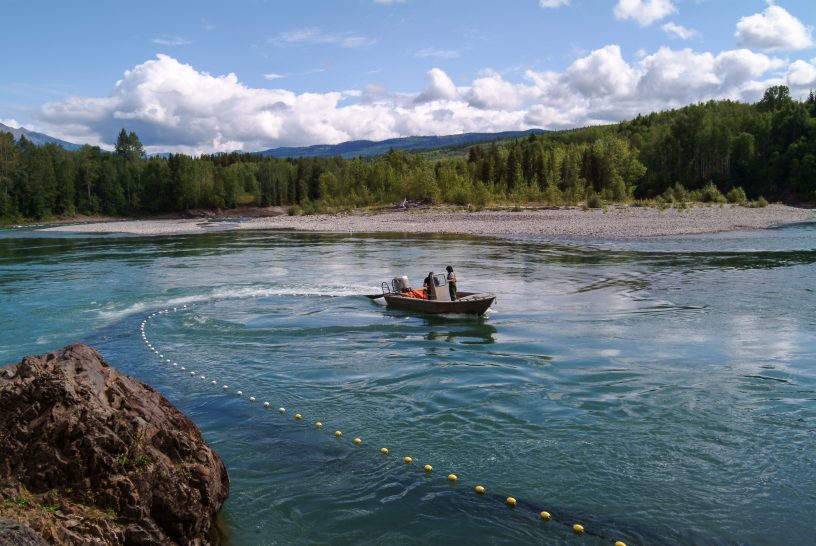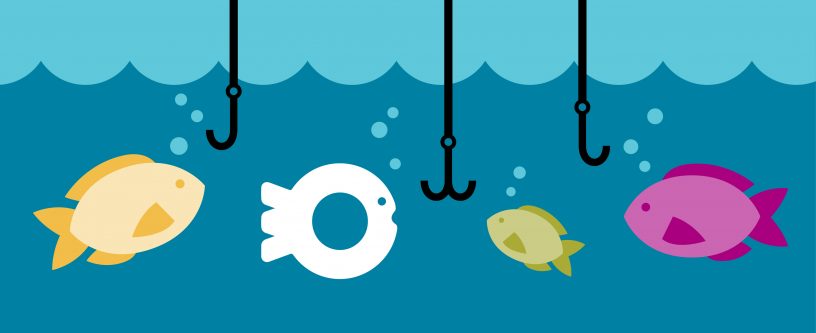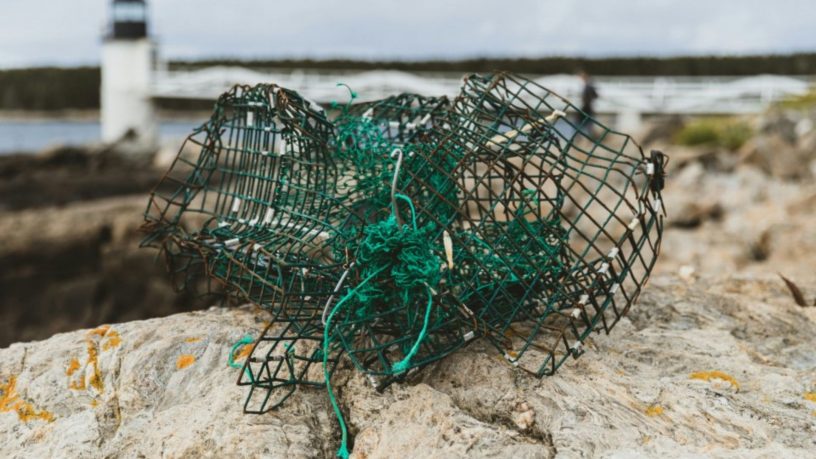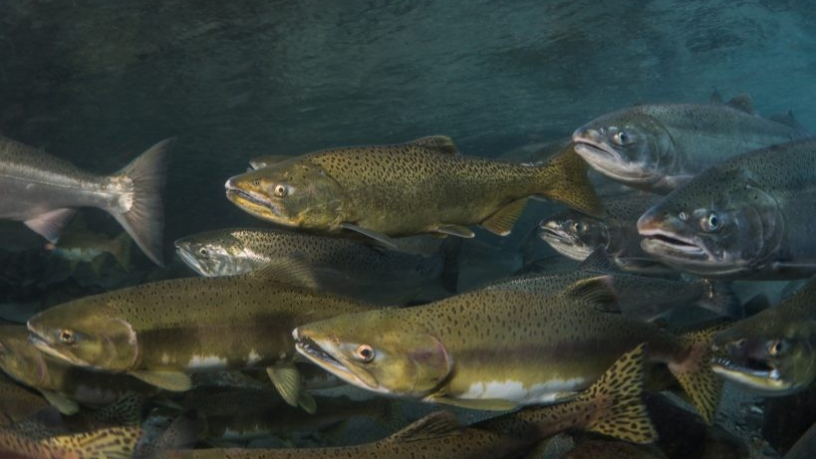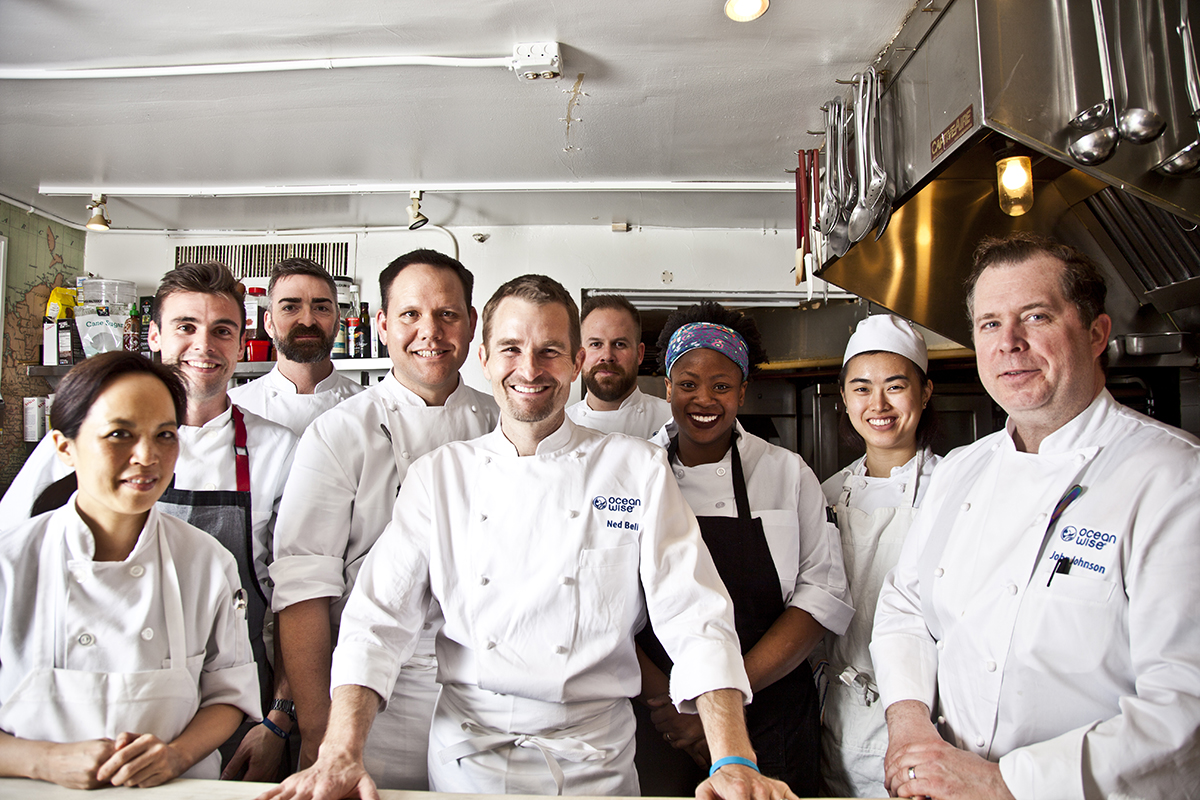
Book Review: Bottomfeeder
When Julia Child brought French cuisine into American homes in the 1960s, she introduced millions of consumers to new seafood species as well. Monkfish, for instance, became instantly popular across the United States following Child’s famous recipe and later this led to overfishing and mismanagment of the species. In Taras Grescoe’s award-winning non-fiction book Bottomfeeder: How to Eat Ethically in a World of Vanishing Seafood (Bloomsbury, 2008), he shows how influencers, in this case Julia Child and her monkfish recipe, can led to overfishing and mismanagement. To be clear, he is not arguing that Julia Child singlehandedly destroyed the monkfish fishery, but rather that chefs play an outsized role in shaping the narrative around seafood.
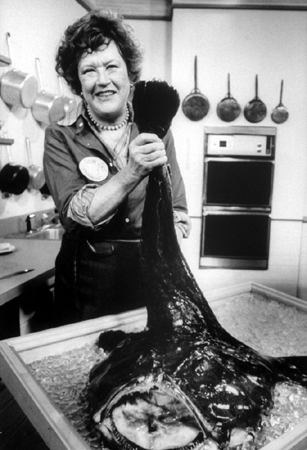
As the title of Bottomfeeder suggests, if we continue to extract top predators and collapse ecosystems, humans will become bottomfeeders, feasting on the lower rungs of the food chain when we once dined on the highest. Instead of tuna, there will be sea cucumbers and kelp on dinner plates in the future. Written from the perspective of a self-confessed foodie, Grescoe explores the importance of seafood by travelling the world and learning about ocean resources: the healthy resources, the ailing ones, and the all-but-vanished ones.
During his exploration, he relates the story of Julia Child and monkfish. For many who know and love Julia Child, whose famous cookbook Mastering the Art of French Cooking and TV series The French
Chef, this is a particularly salient example of a chef’s impact on a fishery. (I recommend watching The French Chef if only to experience the delight of Child’s enthusiastic voice and passion for cooking techniques.) When chefs observe other chefs creating dishes, they want to replicate those dishes, put their own spin on it and demonstrate their skills in the kitchen. In this informal chain of culinary creativity, demand shifts from one species to another and chefs can direct tastes to some species over others. Grescoe argues that, if chefs continue to promote over-fished species, they are essentially shooting themselves in the foot. The dishes they love to promote will lead to the decimation of those species. This is something that the Ocean Wise seafood program tries to promote everyday, by stressing the importance that chefs have as taste-makers, who start trends and create demand for dishes.
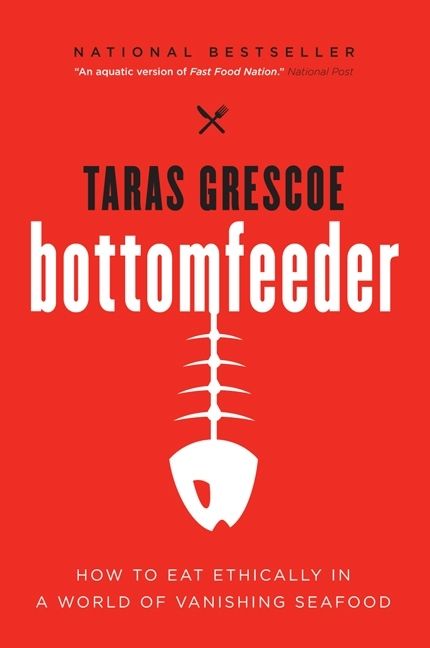
As is true with most books exploring seafood, the sustainable seafood movement offers a glimmer of hope. If we can work with industry, with government, with chefs, we can move closer towards a renewable resource. When I started this book, I felt relatively new to the world of sustainable seafood and dipping my toes into this body of knowledge proved to be a bit of an overwhelming experience. But Bottomfeeder engagingly demonstrated the real impacts our eating habits have on seafood. I finished the book far more knowledgeable and entertained than when I started. A great read!
Isabella Sulpizio is the Ocean Wise Seafood Coordinator for Eastern Canada.
Posted April 11, 2018 by Ocean Wise
